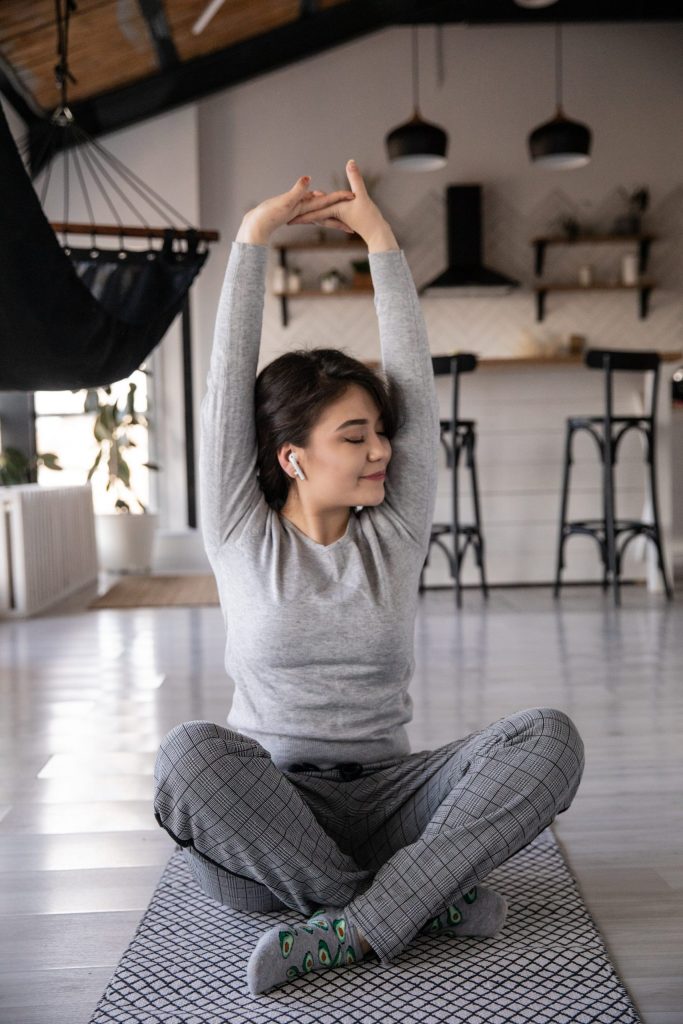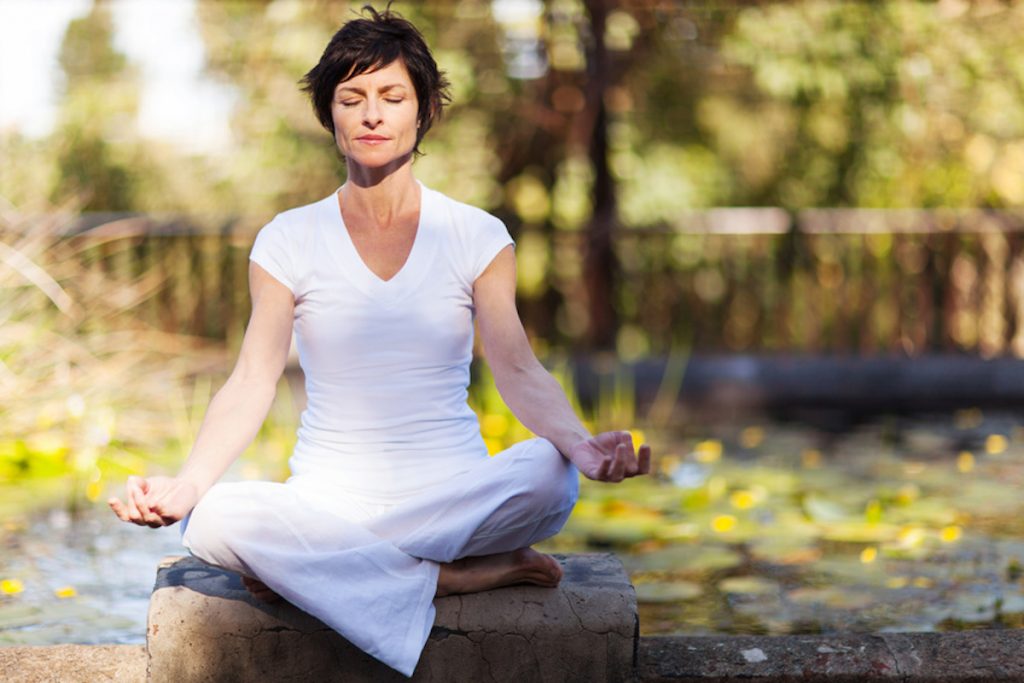
As a culture, we put a lot of stock into the idea of self-denial and transformation in January. Whether it’s work mornings over the Christmas period spent feeling nauseous after one too many sherbets the evening before, or our diets reaching Peak Chocolate, there comes a moment when we think “blimey, this really must stop”. January is the societally mandated time to put an end to this overindulgence, where many of us try to pay our respects at the altar of Good Health through diets and fitness regimes.
This is something which undoubtedly has its issues. The “new year, new me” mentality contributes significantly to feelings of dissatisfaction in ourselves, and a cycle of punishing health kicks that neither last very long or do much good. However, in recent years, there is something encouraging to be found amongst all the shaming and misinformation associated with the New Year.
A New Way of Discussing Health
The internet has empowered people to talk about their relationship with health and self-image like never before. Every day bloggers and social media users can now discuss, from personal experience, the challenges and rewards of (at least attempting!) a healthier lifestyle, tracking their progress in real time while honestly discussing the challenges.
This new, subjective approach to health has radically changed the rhetoric around the subject, focusing on ideas around self-care, wellbeing and body positivity. We are hectored from birth on how we should look, what jeans we should fit into and how hard we should work, but for many of us this mold is simply too constricting to be conducive to personal happiness.
When it comes to feeling our best, there really is no one-size-fits-all approach (in fact, the only thing we would say is near-universal in its benefits is meditation) and appreciating our individuality is very important in achieving anything close to true health and happiness. Furthermore, it’s important to remember we are a whole person – not just a body that needs to be “perfected” – and that the mind and body are inextricably linked.
The Persistent Problem
Despite our progress, conversations about health can still be saturated with a tone of judgement, dissatisfaction and shame. Sometimes “health and fitness” has nothing to do with actual health, and everything to do with performative asceticism and becoming thin – something for which people are told they should sacrifice their peace of mind. There is no room for the differently-abled, varying body types or mental wellbeing in this prescriptive view of health.
Yet it’s become increasingly clear that a sense of self-confidence is much more conducive to long-term health than one of guilt and anxiety. Through the varied experiences of those trying to be healthy in both mind and body, we are slowly learning that health looks different for everyone.
This means that the old, negative approach is slowly being eclipsed by a much more positive one. People were given the idea that they had to put their life, and happiness, on hold until they achieved \”health\”, at which point they could begin living again. This often sabotaged their health goals, as putting this kind of pressure on yourself can lead to yo-yo dieting, bad habits and a terrible self-image.
Wellbeing should be about feeling good in yourself, rather than struggling under a sense of obligation. By putting happiness at the forefront of a healthy lifestyle, health and fitness follows more naturally, no longer feeling like a constant uphill battle that requires endless vigilance over your own behaviour. By following the sentiments below, you can make sure that happiness is a key part of your healthy living goals.
Just because you want to change doesn’t mean you shouldn’t be happy now.
Whether you want to cut down on sugar, start exercising more regularly or stop eating processed food, make sure you enjoy the process as well as the results. Feeling unhealthy may make you a bit discontented, which is a good motivator to change, but that shouldn’t stop you enjoying the here and now. Self-worth isn’t something that you need to earn, but something you should take for granted.
Remember to exercise your mind as well as your body.
Meditation is a great way to support yourself when you want to become healthier. Lots of bad habits are down to the stress we feel in our lives, and the coping mechanisms we develop to deal with it. When our stress response is activated regularly, by everyday pressures such as rushing to work, deadlines and family life, it can stop us thinking clearly and making the best decisions for ourselves.
Meditation makes us calmer, allowing us to break out of these negative thought patterns. It also negates harmful levels of stress hormones, as well as improving our focus and productivity. By helping us become more contented, focused and clear-headed, meditation can help us be happy as well as healthy.
Treating yourself is part of good self-care.
Forcing yourself into an entirely puritanical lifestyle rarely ends well, as you begin to feel resentful about the things you are missing out on. It can also be a form of self-punishment, a way of making your life difficult because you feel that you don’t deserve happiness as you are. Treating yourself occasionally is an important part of being healthy, and constant self-denial could well be counterproductive to your goals.
Ultimately, you can’t be truly healthy without also being happy. By prioritising your mental wellbeing along, you can make leading a healthy lifestyle something that comes easily to you.

The Benefits of Beeja Meditation
- Reduce stress and anxiety
- Greater clarity and calm
- Increase focus
- Enhance relationships
- Sleep better
- Feel energised



